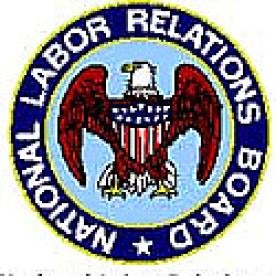On Tuesday, December 13, 2022 to the National Labor Relations Board (NLRB”) issued a decision that that could have profound effect on employers in all industries, regardless if they have a union. In Thrryv, Inc., the NLRB ruled in a 3 to 2 decision that employers who have been found to have violated the National Labor Relations Act (“NLRA”) can be assessed "consequential damages." in addition to the more traditional remedies of back pay and reinstatement. If this case is upheld following a likely appeal, it will rock the employer community in the automotive industry and elsewhere.
The case arises from a unionized marketing company that decided to have a layoff. In the course of negotiating with the company over the layoff, the union representing the employees made various requests for information from the company. The company never provided the requested data. The NLRB determined the company violated the NLRA by refusing to respond to the union's request for information. The NLRB further found the company violated the act by implementing the layoff without engaging in collective bargaining with the union.
Normally, the NLRB would remedy a violation of this nature by ordering the company to engage in "make whole relief" for the affected workers. Typically, that would involve reinstatement and back pay for the period of time they were wrongfully laid-off. However, in this case, the NLRB boldly went where it has never gone before and ordered the company to compensate the employees for "all direct or foreseeable pecuniary harms suffered as a result of the unfair labor practice." The NLRB went on to say this would be the new normal to remedy employer violations of the NLRA. Determining the full extent of direct or foreseeable pecuniary harms will invariably require additional hearings in which the parties present evidence. Under this new standard, the type of damages potentially available to affected workers could include such things as out-of-pocket, medical expenses, credit card debt, and any other cause the light off employees incurred while trying to make ends meet.
The two Republican members of the NLRB, Marvin Kaplan, and John Ring filed a dissenting opinion. The dissent believes that the new remedy laid-out in the majority decision is too broad. They contend this new standard could subject employers to almost limitless, speculative damages. The dissenting opinion also notes that this new form of damages goes further than those available under Title VII of the Civil Rights Act of 1964. They question how the NLRB could award such damages without specific statutory authority from Congress.
This case will almost certainly be appealed and it behooves all the employer community to closely follow its track and if the NLRB uses other cases to continue to try to implement these new form of damages.




 />i
/>i

